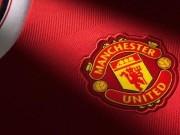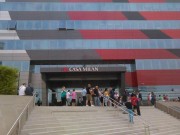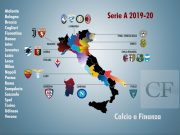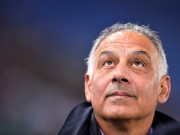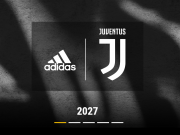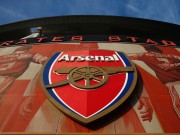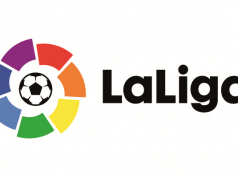Champions League and Serie A are waiting for the right moment, and even in England – where the TV rights for the foreign market and non-European in particular are constantly growing – after the higher bids in recent years, the new agreements on television rights have become a more delicate matter.
The common belief is that the TV rights market in European football is almost saturated, an inevitable result in any kind of economic cycle: growth cannot be infinite.
As a result, if in Italy Infront itself – Serie A advisor regarding TV rights – underlined the importance of timing for the release of the triennial packages (2018-2021), on the other hand in England there are two competing platforms: BT and Sky, minimizing the expectations of those expecting a further increase when the 2019-2022 triennium will be sold.
The presence of limitations was already understood when, despite Mediaset Premium sending a maxi offer for the Champions League rights, subscribers did not increase accordingly.
That’s why Jeremy Darroch (Sky CEO) said at an industry conference in Barcelona that in reference to the Italian market, the satellite platform “will act accordingly” considering the current difficulties between Mediaset and its opponent Vivendi.
This means playing downward.
Therefore, the general impression is that if everyone cares so much about acquiring the rights for the most important football events, a possible “defeat” at the auction wouldn’t be a total drama.
BT, similarly to Mediaset, beat Sky (and ITV) in 2013 with an offer of £900 million over three years for the exclusivity of the Champions League and the Europa League in the UK.
While, on one hand, BT’s offer was invaluable for the growth of the group becoming the backbone of BT Sport (even though was later criticized by UEFA who lamented lower exposure than when matches were also broadcasted by ITV); on the other hand, BT’s victory sparked the wave of inflation resulted in the record of £5.1 billion for BPL rights (+ 70%). In Germany, these increasing results have generated a + 85% for Sky.
For this reason, Darroch added that now companies will be facing difficult choices, “We will try to win but we would be happy even if we lose. Football and sports are important, but they become less and less important every day.”
Gavin Patterson (BT CEO) only said that “there is a limit” to potential offers, “We know how valuable football is, but if the price will be too high, we will give up the offer.”
Both agree that people’s habits are changing (for example the increasingly common phenomenon to watch matches in streaming), as evidenced by the start of the season in England in which data recorded a drop in audience.
According to analysts, the next auction could have a further growth of 25% of the values, but according to the two CEOs, the current values are already very close to the maximum point.


